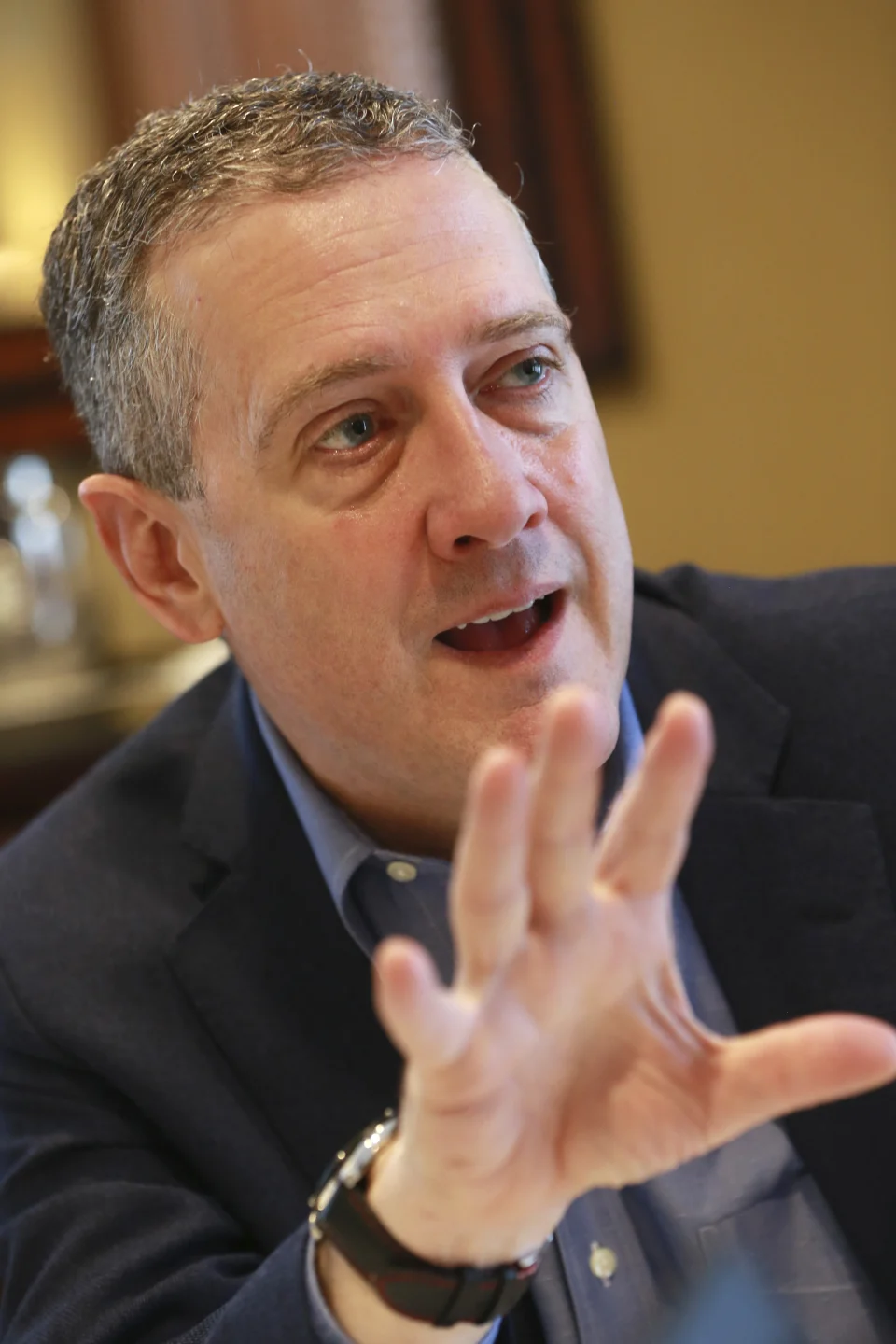St. Louis Fed President James Bullard is optimistic stress in the banking system will abate in the weeks and months ahead, leaving a stronger economy that could force the central bank to push interest rates higher.
“I would put 80% of probability on the case where financial stress abates,” Bullard said, speaking in St. Louis. “If it doesn’t abate, that’s a completely different world where financial stress gets more intense, and I would be willing to react to that.”
Bullard raised his outlook for how high interest rates should rise by 25 basis points to 5.625% based on stronger economic data and under the assumption that financial stress weakens in weeks and months ahead.
This week the Fed hiked its federal funds rate by another 25 basis points, to a new range of 4.75%-5%. That is the highest since October 2007. Fed officials left unchanged how high they see raising rates rising, keeping peak interest rates for this year in a range of 5%-5.25%, the same as projected back in December.
The current crisis roiling the banking world began with the regulatory seizures earlier this month of Silicon Valley Bank and Signature Bank in the U.S., and spread to Europe with the forced marriage of Swiss rivals UBS and Credit Suisse. But this stress, he added, is not anywhere near levels seen during the financial crisis in 2008 or the pandemic.
“The U.S. banking system remains very strong and resilient,” he said. “If you look at the banking sector by the numbers it’s really in very good shape. I think [Silicon Valley Bank] was a quirky situation and I also think we have tools to handle any fall out.”
Bullard said he has been talking to banks in his district and would describe the current situation as “angst” as opposed to actual problems at the institutions. He said banks are wondering whether deposits are as sticky as previously thought—and whether deposits leave banking system in search for higher yields.
“SVB was a very special situation and most banks are not in anything close to that situation,” said Bullard.
Nevertheless, Bullard said he thinks banks are going to be more careful with deposits. He notes that smaller banks tend to hold higher levels of insured deposits that don’t breach the $250,000 level the FDIC currently insures.
The Fed and the Treasury Department agreed to cover all depositors at Silicon Valley Bank and Signature Bank, citing their systemic risk. Bullard said regulators’ action was swift and the right one to take. He underscored earlier comments from Treasury Secretary Yellen stating that regulators stand ready to take additional action if needed.
Bullard also cited past challenges for banks in the 1980s and 1990s, saying that the economy emerged unscathed.
“Even with considerable forward guidance, it is relatively common that not all financial entities adjust their businesses appropriately to the changing environment,” Bullard said. “These events received considerable attention at the time, but were not ultimately harbingers of poor U.S. macroeconomic performance.”

